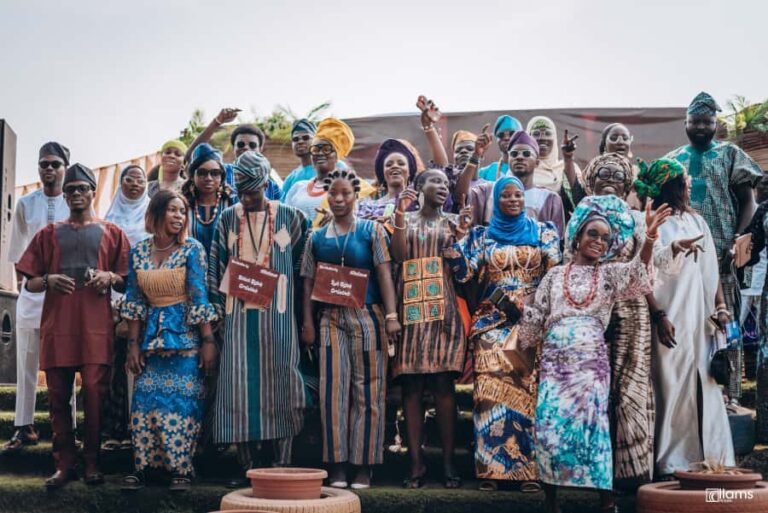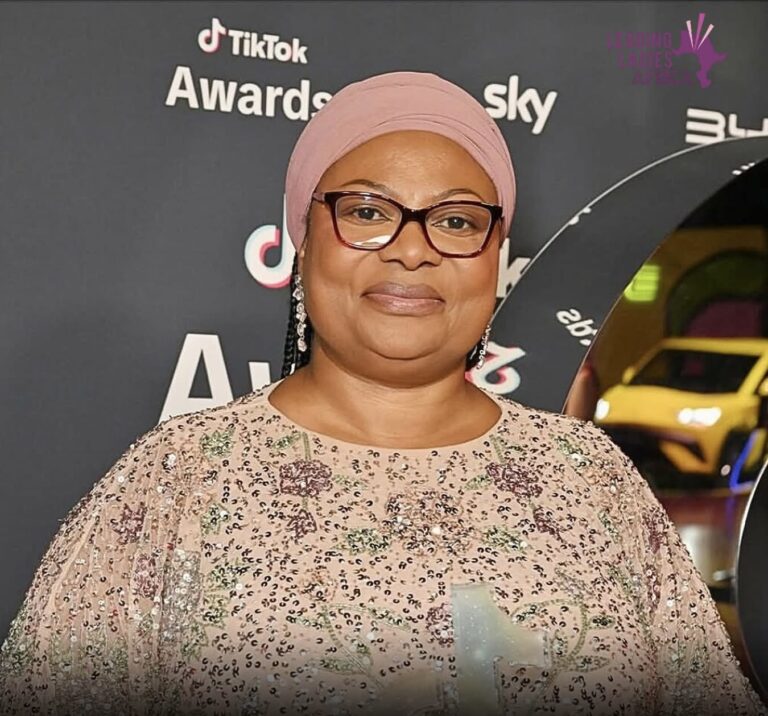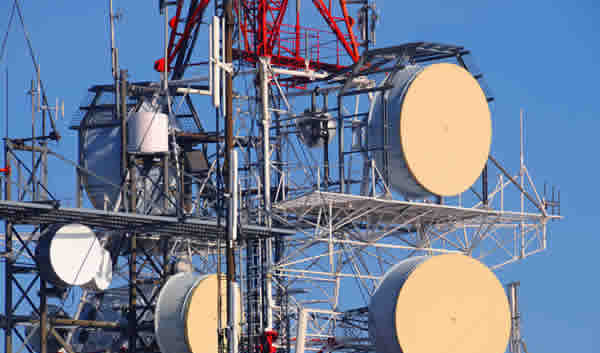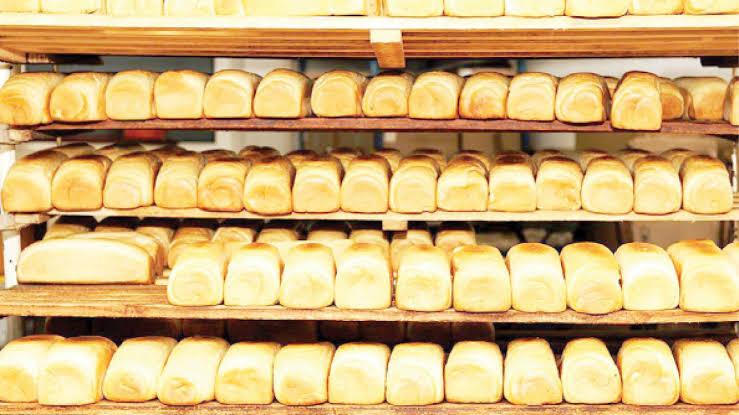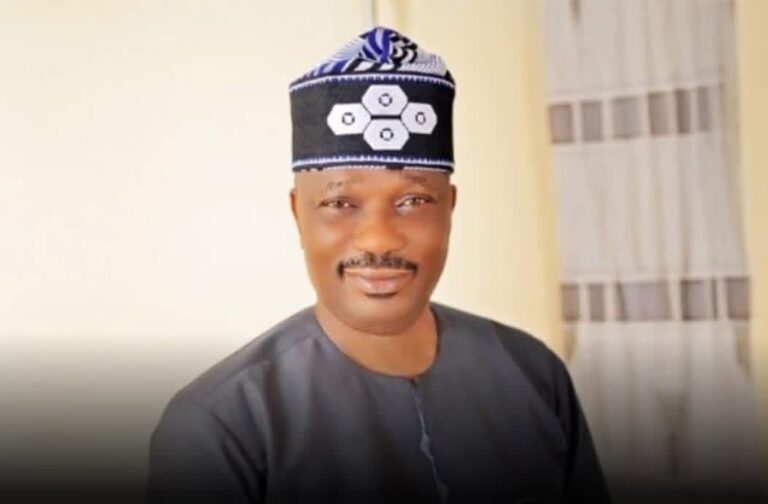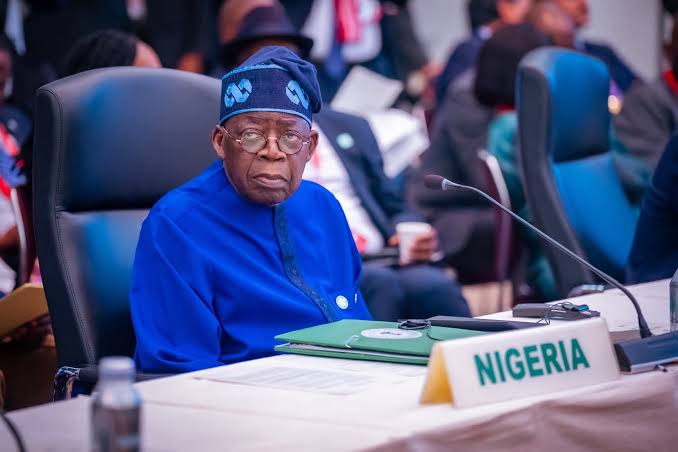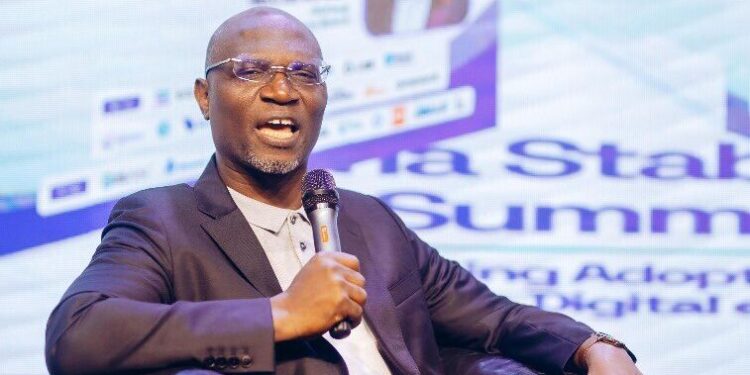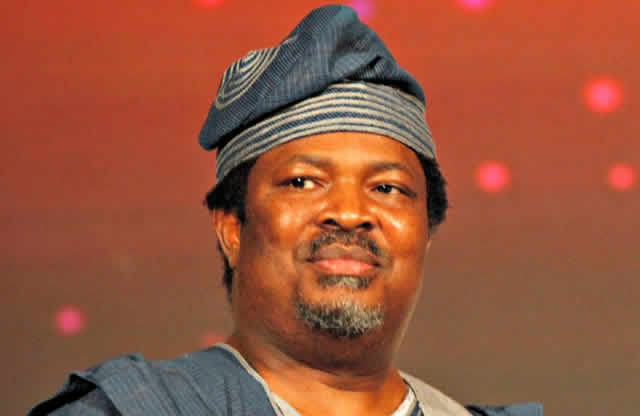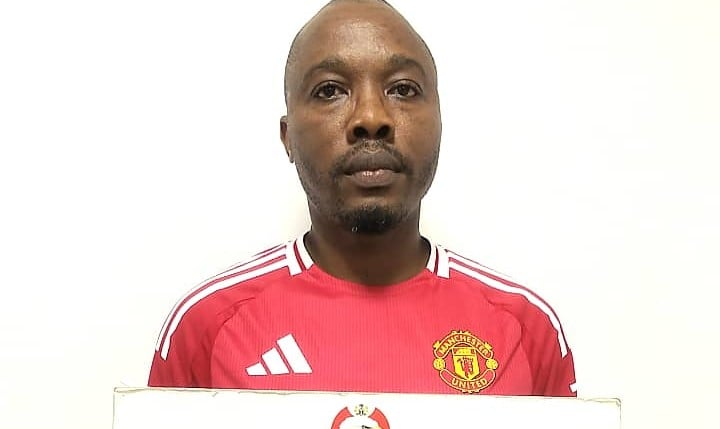The cultural entertainment landscape in Ibadan is set for another major highlight as the acclaimed Yoruba Party returns for its fourth edition on December 14, to be held at the National Museum of Unity, Aleshinloye, Ibadan.
The event curated by Egbe Atelewo and Ayo Adams, has become one of the city’s most anticipated celebrations of Yoruba heritage, blending traditional expressions with contemporary lifestyle.
Now in its fourth edition, Yoruba Party continues to grow a loyal following among culture lovers, creatives and young Nigerians eager to reconnect with their roots. Organizers say this edition will feature an expanded lineup of activities, including indigenous showcases, cultural trivia, fashion displays, and interactive games.
Speaking on the upcoming edition, Ayo Adams said the event was created to reaffirm pride in Yoruba culture while delivering world class entertainment. “Yoruba Party is a space where culture feels alive, modern and exciting,” he said. “December 14 will be another opportunity for people to celebrate identity without holding back.”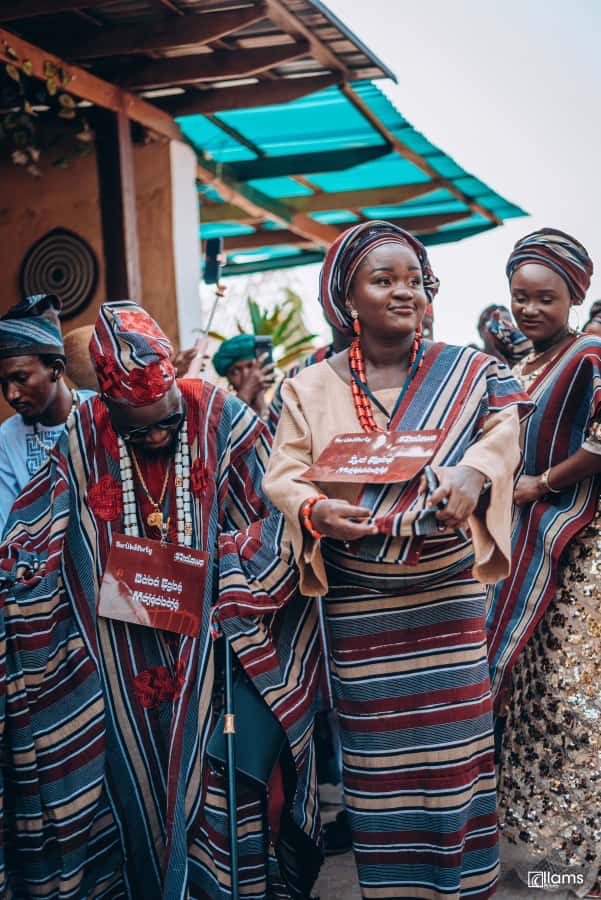
Egbe Atelewo, known for championing Yoruba arts and literature, described the collaboration as part of their broader mission to make culture accessible to younger generations. Representatives noted that hosting the event at the National Museum of Unity underscores its cultural significance and the need to situate contemporary expression within historical context.
With previous editions drawing large crowds and strong social media engagement, expectations are high for this year’s gathering. Organizers say the museum venue will offer an immersive cultural atmosphere befitting the event’s theme.




